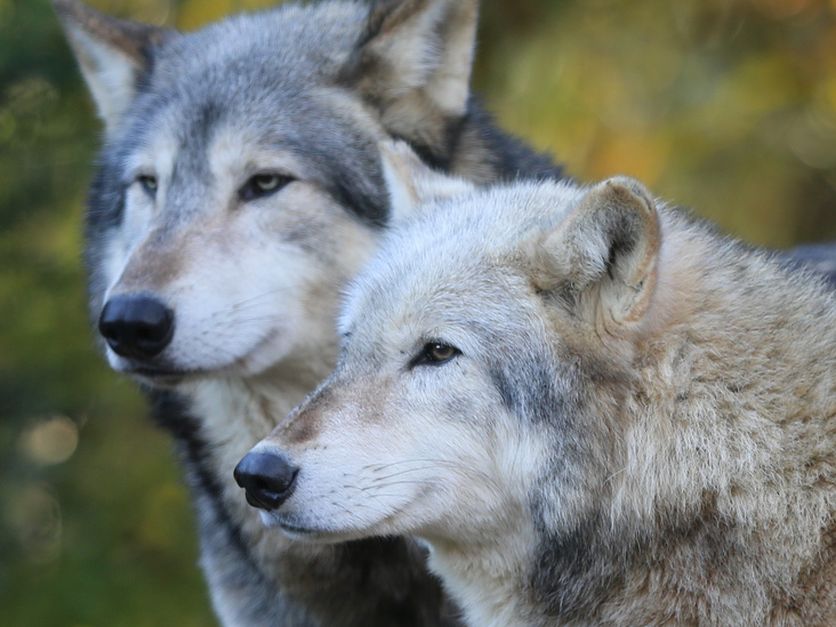California producers are eligible for compensation to support direct and indirect losses to livestock populations from wolves.
The California Department of Fish and Wildlife's Wolf Conflict Program received $3 million in the fiscal 2022 California State Legislature budget to support livestock producers bearing the expense of wild wolves. Compensation is available to mitigate livestock loss, address deterrence method expenses and alleviate the impacts of wolf presence.
The livestock loss program provides producers with financial compensation at fair market value for confirmed or probable wolf predation losses occurring on or after Sept. 23, 2021. The loss must be confirmed by CDFW to be eligible for compensation.
The second loss coverage — deterrence methods — provides financial compensation for associated costs that occurred using “nonlethal deterrent methods to deter wolf presence near livestock in areas of known wolf activity,” according to CDFW.
For example, deterrence method compensation could provide funding to cover the cost of a guard dog, as well as cost reimbursement to replace the dog.
Additional compensation will pay producers for the impacts of wolf presence on livestock. Time and labor spent monitoring wolves and livestock, herd management, husbandry practices and removing wolf attractants are also allowable actions for payment.
Don’t miss a beat! It’s easy to sign up for a FREE month of Agri-Pulse news! For the latest on what’s happening in Washington, D.C. and around the country in agriculture, just click here.
Other states, including New Mexico, pay for wolf presence, but “no other wolf compensation program in North America offers all three components as in the state program,” according to the California Farm Bureau Federation.
As of two weeks ago, a total compensation request of $437,851.70 through 32 application packages had been processed and approved, according to Vicky Monroe, conflict programs coordinator for the California Department of Fish and Wildlife.
WCP funding will remain available until June 20, 2026, or when funds run out.
Wolves were driven out of California in the late 1800s and early 1900s by the settling of the west. Since the species' reintroduction about 12 years ago, three packs — the Lassen, Beckwourth and Whaleback — have been identified in the state.
For more news, go to www.Agri-Pulse.com.

